The rhythm of the big party conference leader interviews is a strange one. First come days of slow, repetitive, detailed preparation, much of which we know will be junked on the day. My brilliant team play Keir Starmer or Boris Johnson, being as cheerily obstructive, long-winded and deflecting as possible, until all of us could repeat the key facts and graphs and quotes in our sleep. Next, a frantic early Sunday morning (up well before five) to fillet the latest news, discarding what had been favourite questions and lines of attack, and boil everything down to a manageable size. By now my heart rate is rising and I’m eating more pastry then anyone really needs. Finally I am in the chair, wired up and facing the guest. Time accelerates and the interview itself passes in a blurred hurtle. This year, with Johnson, when I reckoned I was about halfway through, my editor John Neal muttered in my ear ‘two minutes left’. There’s never enough time. Folk often think these encounters are gladiatorial and that the politician is the enemy. Not true: there is one enemy in live television and it’s always the same one — the clock.
That said, these annual encounters should be tough. If the Prime Minister or the opposition leader is simply able to repeat vaguely uplifting pre-prepared conference lines, they might as well be making a speech. So, what you don’t want is the politician looking too congenial immediately afterwards. I got a sigh and an eye-roll from Sir Keir, and an abruptly ungenial ‘well done’ from Mr Johnson. In both cases, their aides seemed unhappy. In my topsy-turvy world, that’s a result.
And yet I hope I’m reasonably modest about my place at party conferences. Nobody elected me. The great American Walter Lippmann once explained that his journalistic code came from a colleague who, during the long year when he was dying, repeatedly abjured him that: ‘More newspapermen have been ruined by self-importance than by liquor.’ That colleague, Frank Cobb, Lippmann added, ‘had had opportunity to observe the effects of both kinds of intoxication’. It’s still a really useful warning. And it applies to broadcasters as well as writing hacks. No names. Well, not without a £20 note in the envelope.
The new Culture Secretary, Nadine Dorries, told Iain Dale of LBC that she didn’t think I was impartial. Well, there is literally nobody on this little blue planet who doesn’t have opinions. At the BBC we do our level best to leave them at the door but if you don’t have some opinions you aren’t thinking, and if you aren’t thinking, how useful a political interviewer could you be? Also, BBC-bashing is the safest sport in the country fairground. How can I put this? The BBC is not, as an organisation, exactly robust in talking back.
Where she was right, however, is to point to the rising power of the US-based streamers. And they’re also coming up with fresh ideas. I have been gripped by Clarkson’s Farm, the Amazon series in which the petrol-head tries to become a proper farmer. It’s very, very funny but it also teaches you more about farming than anything else I have watched. Jeremy Clarkson is a successful broadcaster because he doesn’t seem to mind coming across as — let’s spell this out — a big, pink, fallible wazzock… and, returning to Lippmann, he is a lesson against self-importance for the rest of us.
Alcohol was the other thing Frank Cobb mentioned. Party conference season reminds me how old I am getting. Once, I looked forward with relish to a whole week surrounded by political nuts, hoofing down warm white wine. Now I feel queasy at the very thought. Coming into Manchester Piccadilly station, there were two tribes pouring off the trains. One were well-dressed Conservatives of a certain age. The other were whooping, roaring hen parties: very, very happy women with hair extensions, fake tan and big eyelashes. But which tribe was going to put away more alcohol?
My great discovery this autumn is the audiobook. Since the only exercise left to me is walking, I find I’ve got plenty of time to listen — in this case — to Timothy West reading Anthony Trollope’s The Warden. Underneath the clerical gaiters and mossy cathedral architecture, it’s a bracingly ruthless little book: very good reading for anyone interested in conscience and power as the party conference season concludes.
Words almost missing during the conferences include ‘pandemic’ and ‘coronavirus’. Is it really over? The public appears to have decided so. Mask-wearing on trains and Tubes is well under half, despite the minatory signs stuck to windows and doors. And it has to be said, normal life feels pretty damn good.
Got something to add? Join the discussion and comment below.
Get 10 issues for just $10
Subscribe to The Spectator Australia today for the next 10 magazine issues, plus full online access, for just $10.
You might disagree with half of it, but you’ll enjoy reading all of it. Try your first month for free, then just $2 a week for the remainder of your first year.

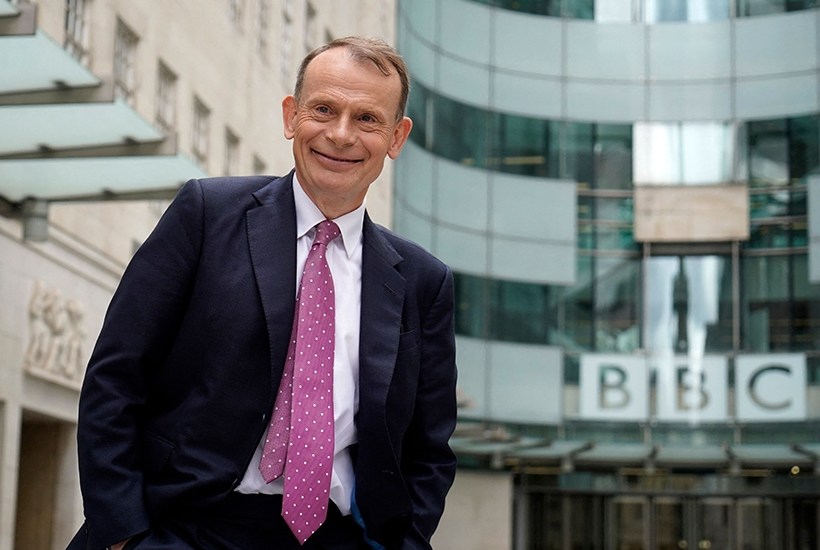

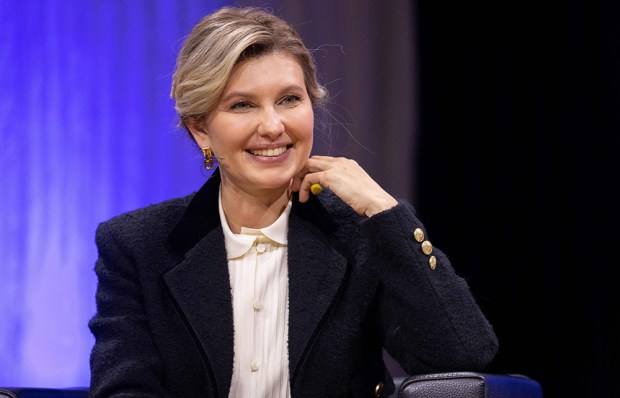

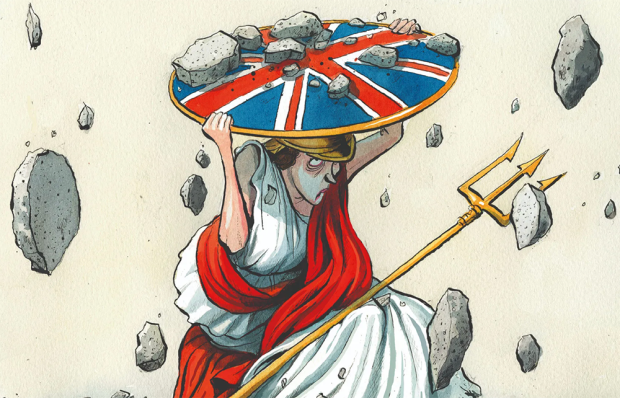
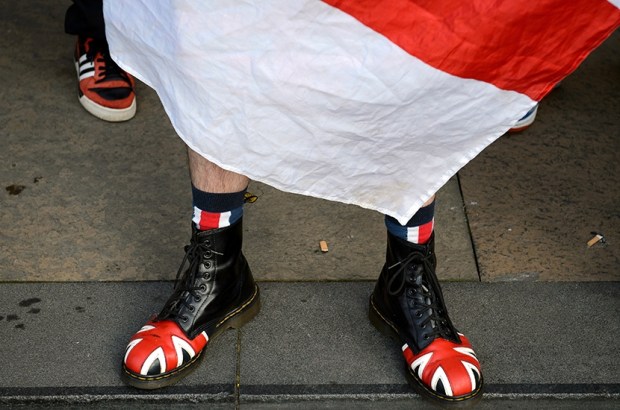
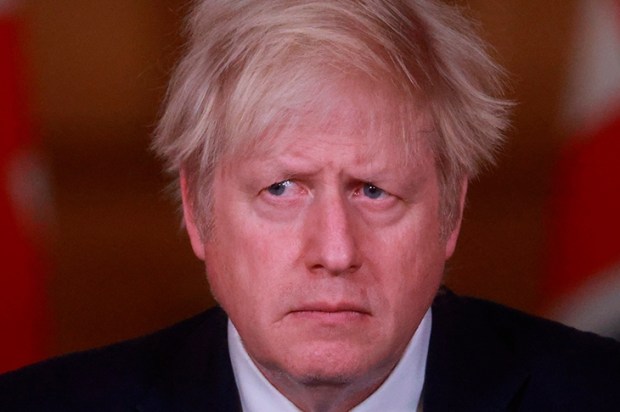






Comments
Don't miss out
Join the conversation with other Spectator Australia readers. Subscribe to leave a comment.
SUBSCRIBEAlready a subscriber? Log in